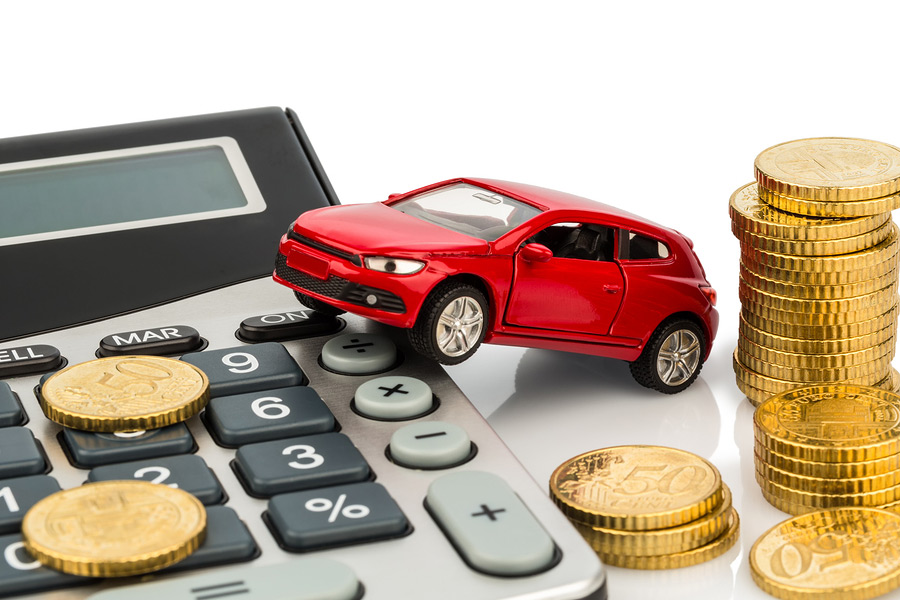Your timing belt wears out, a nail punctures your new tire, or you’re stuck by the side of the road waiting for a tow truck.
Sooner or later, every driver’s luck runs out and unexpected car trouble crops up. Do you know how you’ll pay for emergency repairs when it happens to you?
It turns out most Americans would have to borrow money or sell their belongings to cover an unexpected expense of $400 or more. While putting your repairs on credit may be a great option in some situations it’s not the perfect solution to every car problem.
Keep reading to learn more about how you can prepare your budget for a surprise repair.
Cushion Your Budget from Auto Shock

Image source: sourcereader.com
Unless you’re a psychic, you probably won’t be able to name the exact car repair you’ll face and when. That’s the nature of unexpected expenses — they’re unpredictable!
But you can safely assume you will run into some kind of trouble between tune-ups. Understanding this about your vehicle will help you budget effectively.
You should put aside money each month towards an emergency auto repair fund. Don’t use this cash on anything but eventual repairs.
On average, a repair costs $500–$600, so you’ll want to aim for at least $50 a month. Sound like a lot of money? When the average cable package costs $107 a month, you could double that savings goal simply by cutting the cord.
Invest in Routine Maintenance
In an attempt to outmaneuver expensive bills, some car owners may skip on routine maintenance. But by cutting corners here, you may be unintentionally adding to your next unexpected repair bill.
Basic car maintenance is non-negotiable for any driver.
For one thing, it makes sure you’re safe on the roads. For another, it helps protect your pocketbook. Something as simple as keeping on top of your oil changes has a potential cash savings of $500–$3,000.
It also gives your mechanic a chance to catch tiny problems that are easy to fix before they escalate into an expensive breakdown that requires costly labor and parts.
Negotiate a Deferred Payment Plan

Image source: flexjobs.com
You won’t be the first person who can’t afford an unexpected repair, nor will you be the last. You’re probably not even the first person who has difficulties paying their bill on the day you bring your car into the garage.
An experienced mechanic will likely have a payment plan in place for customers like you, so talk to them about your options. You may be able to break your payments down into smaller, more affordable installments. Or, if payday’s just around the corner, you may be able to arrange a deferred date to pay.
Take out a Personal Line of Credit
If all else fails, a personal line of credit may be your safety net in an emergency. As an open-ended loan, you may tap into your personal line of the credit limit as you need it.
This comes in handy if your repairs are more expensive than your mechanic first guesses. As long as you have available credit, you can access more funds without reapplying.
Bottom Line
As you put mileage on your car, some unexpected bills are actually rather predictable. Don’t be caught off guard. Have a plan in place before you face car trouble.




